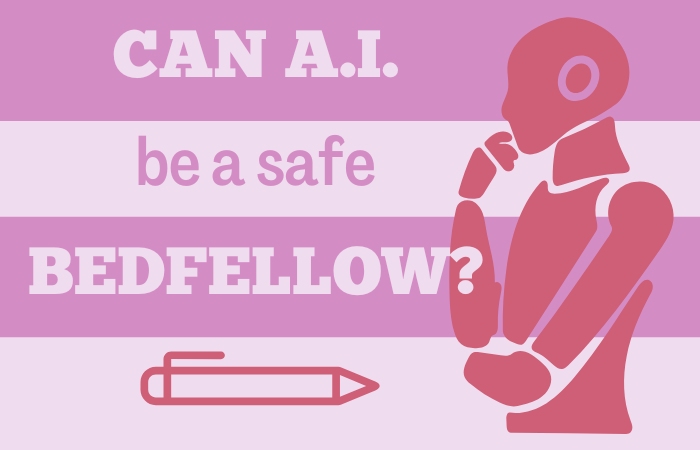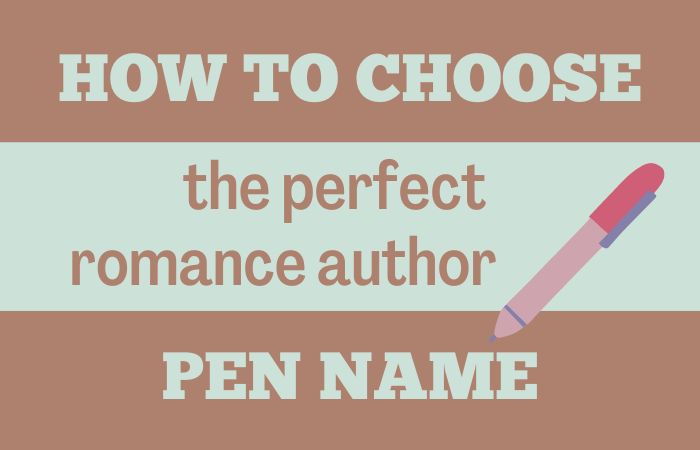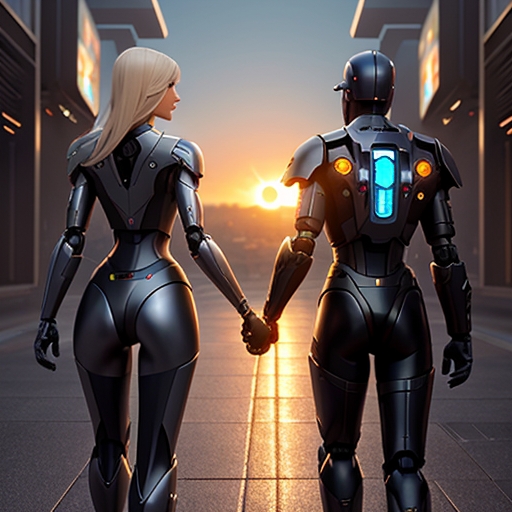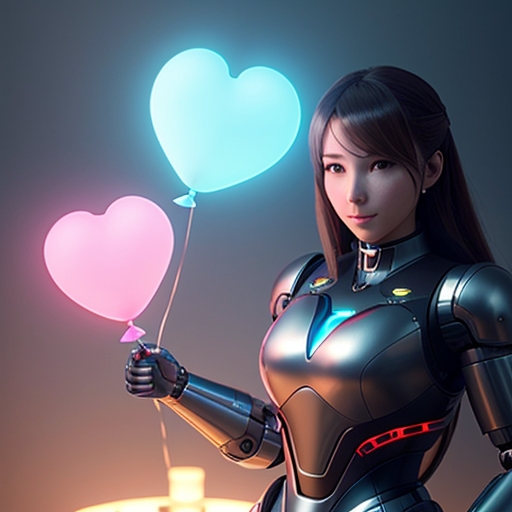If you’re looking for some good learning opportunities this month, you have a ton of great options.

AI and Romance Writing
Why robots can’t replace a passionate pen—but does make a fabulous bedfellow!
As a career ghostwriter and seasoned romance author, I’ve been fascinated by the number of people wringing their hankies, fearful of AI replacing fiction authors. I’ve been playing with several artificial intelligence author assistants since late 2022 with a focus on QuickWrite and am 100% convinced that there’s a valuable role for AI in writing virtually anything we romance need to level-up our careers—except write our books for us.
Before I get to all the things my robot author asssistant helps me do, first I want to explain why I don’t think I’ll be replaced by AI because when it comes to the art of crafting a steamy, heart-wrenching, and swoon-worthy romance novel, there are some things that even the most sophisticated algorithms can’t replicate.
Sparks cannot be coded
When you read a romance novel, you want to feel the emotion between the characters. You want to be captivated by their chemistry and swept away by their passion. But no matter how advanced AI becomes, it can’t replicate that tingling sensation you get when two characters lock eyes for the first time, or when their lips meet in a heated kiss. It’s the human touch that brings that extra spark to romance writing, and that’s something no algorithm can code.
Emotional intelligence trumps artificial intelligence
Romance novels are all about emotions—love, longing, desire, heartbreak, and everything in between. It takes a skilled author to weave those emotions into words and create a story that makes readers feel deeply. While AI can analyze data and predict patterns, it can’t truly understand the intricacies of human emotions. It can’t capture the nuances of a character’s feelings or convey the depth of their emotional journey in a way that resonates with readers. It’s like trying to make a robot understand the concept of heartache—it’s just not possible!
Creativity is the spice of romance
Romance authors are masters of creativity. We conjure up unique and imaginative storylines that whisk readers away to far-off lands or make them fall in love with unlikely characters. We create intricate plots, add unexpected twists, and craft unforgettable moments that make human hearts skip a beat. While AI can analyze existing romance novels and generate new stories based on patterns, it lacks the imagination and creativity that comes naturally to flesh and feeling authors. Comparing AI-generated love stories to romance written by even a novice author is like comparing a pencil drawing of a flower by a five-year-old to a real life walk in a mature English rose garden.
Quirks make romance interesting
Let’s face it, humans are quirky creatures. We have our idiosyncrasies, our unique ways of expressing ourselves, and our individual perspectives on love and relationships. Romance authors bring those quirks into our writing, making our stories relatable and intriguing and unique. In the dozen times I’ve asked my AI author assistant to propose a plot for a second chance romance with a billionaire hero, eight suggestions have the couple reconnect at a charity event. Quirks need not apply when AI is hiring.
Love is messy, and that’s what makes it beautiful
Romance novels often depict the messiness of love—the heartaches, the misunderstandings, and the challenges that couples face on their journey to happily ever after. It’s those imperfect moments that make the characters and their relationships feel real and authentic. But AI tends to strive for perfection and predictability, aiming to create a flawless storyline. However, it’s the flaws and the messiness of life and love that give romance stories depth and richness and make our stories beautiful and relatable.
Writing from the heart
Romance authors pour our hearts into our writing. We draw from our own experiences, emotions, and perspectives to create stories that touch the hearts of readers. It’s a deeply personal and authentic process that can’t be replicated by a machine. It’s like comparing a hand-written love letter to an automated text message.
Timing is everything
In romance writing, timing is crucial. The build-up of tension, the anticipation of a first kiss, the timing of a heart-wrenching confession—it’s all carefully crafted to create an emotional impact. We human authors have a keen sense of timing, knowing when to pull at the heartstrings or when to throw in a surprising twist. AI follows patterns and algorithms, lacking that human instinct for perfect timing.
Voice matters
Every author has their unique voice—their style of writing, their tone, and their perspective. It’s what sets us apart from each other and makes our work distinctive, even when a thousand authors retell the Cinderella story. Romance authors infuse our writing with our own life experiences, creating a connection with readers that goes beyond the words on the page. AI, on the other hand, lacks that personal touch. It can analyze data and mimic styles, but it can’t create the individual voice of a romance author.
Inspiration strikes in unexpected ways
Romance authors often draw inspiration from our own lives, from the people we meet, and from the world around us. We find ideas in the most unexpected places and put together people and situations with one-in-a-million odds of ever happening in real life. Since AI relies on data and patterns, its ability to truly innovate and come up with fresh and original ideas is limited.
Love can’t be quantified
Perhaps most importantly, love is a complex and intangible emotion that can’t be quantified or reduced to data. Romance novels are all about capturing the magic of love—the butterflies in the stomach, the racing heart, and the unspoken emotions that make our breath catch in our throat. AI, with all its analytical capabilities, can’t truly grasp the essence of love and replicate it in writing. It does not write deep point view and that’s what we do so well.
Why I invite QuickWrite, in particular, to share my creative bed
After months of reading doomsday articles and fearing the rise of AI-assisted writing, I took a deep breath and introduced myself to several tools. I approached my interactions just like I would have (ahem, did!) when I was forty and newly divorced after having only ever dated one man. I serial dated a half-dozen tools—and figured out how they could make my life better. (To be clear, dating at forty, I went out with over twenty tools before finding one who would make my life better … I only dated a half-dozen AI tools before meeting the one I decided to settle down with). 😉
With QuickWrite, I’ve streamlined my writing process, enhanced creativity, and, when the fairy dust lands just right, uncovered new perspectives when I’m struggling.
QuickWrite is like the ultimate wingman or wingwoman for romance authors. It helps me brainstorm plot ideas when I’m feeling stuck, generate quick and quirky names, fine-tune flat descriptions to make them as sexy as a sultry gaze across a crowded room, and even suggest alternative words and phrases in my lukewarm, first scenes that crank the heat from lukewarm to scorching hot.
If you’ve ever read any of my books, you might have noticed that I love metaphors and analogies. And boy-oh-boy did those take me a long time to come up with before I brought QuickWrite onto my team. I asked it for one to make this point for me in this post, so I’ll let my author assistant have the last word:
AI is like the perfect sex toy in your writing arsenal. It can vibrate with ideas, buzz with creativity, and stimulate your writing process in ways you never thought possible. But just like a sex toy, AI can’t replace the intimacy and connection that comes from human creativity and imagination. It’s simply a tool to enhance your writing experience and make your stories even more tantalizing and compelling.
More from this category

June Writers’ Events to Check Out

How to choose the perfect romance author pen name
Dive deep into the world of romance pseudonyms with our quick guide on how to choose the perfect romance author pen name.




